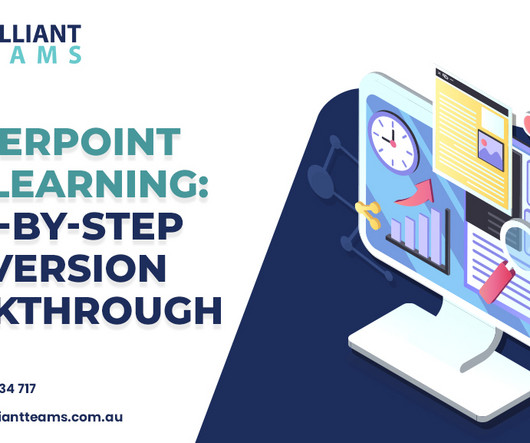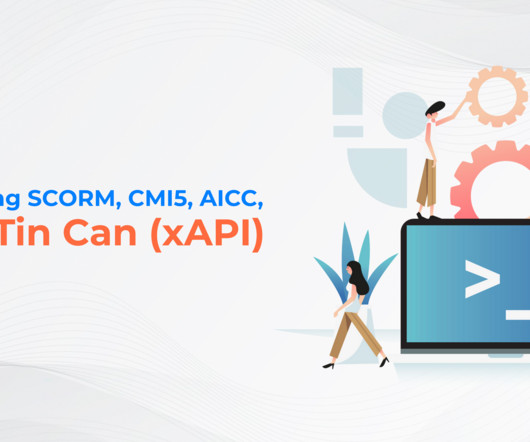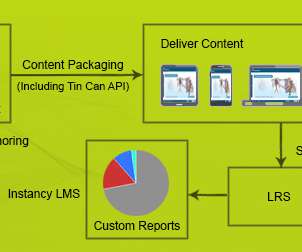The Power of Compatibility: Unveiling the Benefits of SCORM and AICC Compliance in eLearning
Brilliant Teams
AUGUST 31, 2023
The Foundation of SCORM and AICC SCORM SCORM, developed by the Advanced Distributed Learning (ADL) initiative, serves as a comprehensive set of technical specifications aimed at establishing a common framework for e-learning content development and delivery. Are you looking for eLearning Solutions?




























Let's personalize your content